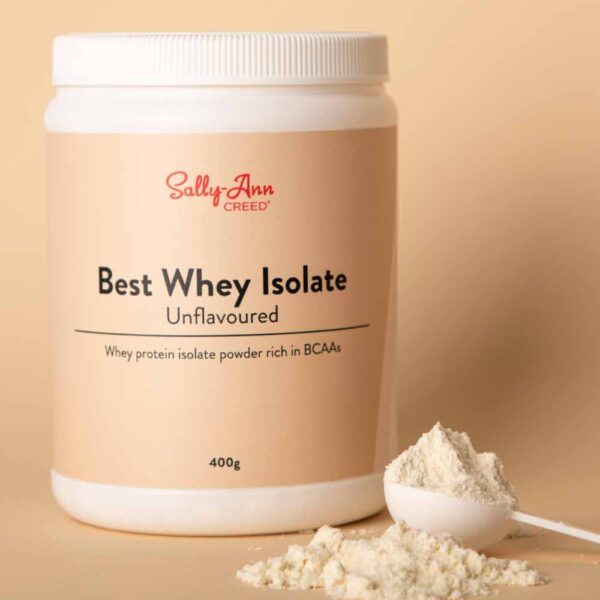It’s no surprise that many of us are struggling with elevated levels of stress thanks to the Covid pandemic. If you currently count yourself among the highly stressed, you may want to investigate the benefits of meditation, a simple practice that can help to restore a sense of peace and calm.
“Meditation is like a gym in which you develop the powerful mental muscles of calm and insight.” – Ajahn Brahm
What is meditation?
While meditation has proven difficult to define – it encompasses a range of different practices across numerous traditions – it is most commonly associated with the pursuit of inner peace.
“Meditation doesn’t promise to solve your problems, and there’s no guarantee of everlasting happiness. Life, with all its challenges and uncertainty, will still happen. What meditation can do is change how you choose to relate to, react to, and view the circumstances happening around you. It offers a pocket of stillness amid all the outer chaos.” (Headspace.com)
Types of meditation include guided, transcendental, vipassana, zen, body scan, kundalini, loving-kindness and mindfulness (more on this one further down).
Why meditate?
High levels of stress can have a serious impact on the immune system. In a 2013 review of 209 studies that investigated mindfulness-based therapy (MBT), the authors found that, “MBT is an effective treatment for a variety of psychological problems, and is especially effective for reducing anxiety, depression, and stress.”
Mayo Clinic also lists a number of emotional benefits linked to meditation, including gaining a new perspective on stressful situations, building skills to manage your stress, reducing negative emotions and focusing on the present.
Mindfulness meditation
This technique has become increasingly popular, no doubt in large part due to the speed of modern life. According to the American Psychological Association (APA), mindfulness meditation has two distinct components.
Attention “is about tuning into your experiences to focus on what’s happening in the present moment. It typically involves directing your awareness to your breath, your thoughts, the physical sensations in your body and the feelings you are experiencing.”
Acceptance “involves observing those feelings and sensations without judgment. Instead of responding or reacting to those thoughts or feelings, you aim to note them and let them go.”
Ready to get started?
All you need to kickstart your meditation practice are comfortable clothes and a quiet spot away from too many distractions. Although, that said, given that meditation can be practised almost anywhere, these are really just nice-to-haves.
There are multiple online resources available for anyone wishing to start a meditation practice. Headspace and Calm are two popular and often-recommended apps and are a great place to start.
If you’re keen to give mindfulness meditation a go, but you’re not quite ready to commit to a paid subscription, there are also several worthwhile free apps out there, including these five, which are all available for download on iOS and Android.
- Aura
- Smiling Mind
- Insight Timer
- MyLife Meditation
- UCLA Mindfulness
Supplements for stress
Calm helps to reduce stress and anxiety and improve sleep quality. The active ingredient is Lactium®, a unique milk extract that contains a natural bioactive protein with relaxing properties.
Magnesium is an essential nutrient required for the maintenance of some of the most basic functions of life. Research also suggests that it could be an important way to treat anxiety naturally. Try our Chelated Premium Magnesium.
Omega-3 Solution is an extra-pure pharmaceutical grade fish oil with a powerful action that may assist in calming and improving mood levels. At over 80% active, Sally-Ann Creed Omega-3 Solution, which is free from mercury, PCBs, DDT and dioxins, is one of the strongest oils available in South Africa.







